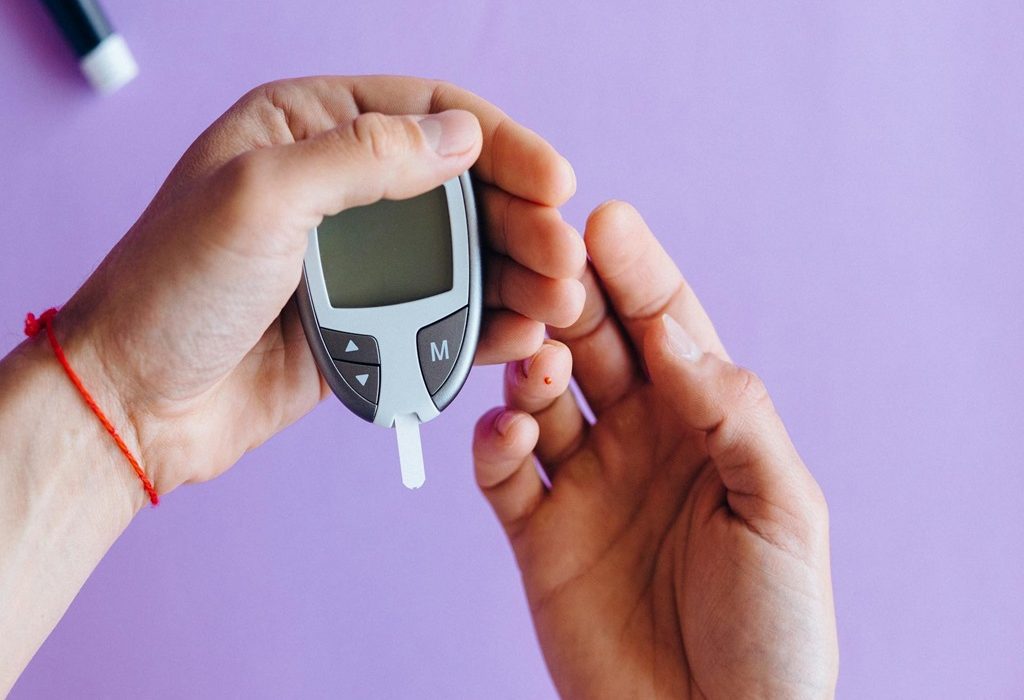Diabetes is a chronic condition that affects how your body processes blood sugar (glucose). Managing diabetes requires consistent attention to diet, exercise, and medication. With the right approach, you can keep your blood sugar levels stable and lead a healthy life. Here are some simple and effective strategies for managing diabetes every day.
Monitor Your Blood Sugar Regularly
Checking your blood sugar levels regularly is one of the most important parts of managing diabetes. Regular monitoring helps you understand how different foods, activities, and medications affect your blood sugar. Follow your doctor’s recommendations on how often to check your levels and use the readings to make informed decisions about your diet and lifestyle.
Eat a Balanced Diet
A healthy, balanced diet is key to managing diabetes. Focus on consuming whole foods, such as vegetables, fruits, whole grains, lean proteins, and healthy fats. Avoid sugary snacks, processed foods, and refined carbohydrates, which can cause blood sugar spikes. Eating smaller, more frequent meals throughout the day can also help keep your blood sugar levels stable.
Stay Active and Exercise Regularly
Physical activity is beneficial for everyone, but it’s especially important for people with diabetes. Exercise helps your body use insulin more effectively and lowers blood sugar levels. Aim for at least 30 minutes of moderate activity, like brisk walking, cycling, or swimming, most days of the week. If you’re new to exercise, start slowly and gradually increase your activity level.
Take Your Medications as Prescribed
Medications play a critical role in diabetes management, especially if you have type 1 diabetes or advanced type 2 diabetes. It’s essential to take your medications exactly as prescribed by your doctor. Set reminders if needed, and never skip doses, as this can lead to uncontrolled blood sugar levels. If you have concerns about side effects or the effectiveness of your medication, discuss them with your healthcare provider.
Manage Stress Levels
Stress can have a big impact on blood sugar levels, making it harder to manage diabetes effectively. High stress levels can trigger the release of hormones that raise blood sugar. Practice relaxation techniques like deep breathing, meditation, or yoga to help reduce stress. Staying organized and having a routine can also help minimize anxiety and keep your diabetes management on track.
Stay Hydrated
Drinking enough water is crucial for managing diabetes. Dehydration can cause blood sugar levels to rise, making it harder to control your condition. Aim to drink plenty of water throughout the day and limit sugary drinks, which can cause blood sugar spikes. Staying well-hydrated helps your kidneys flush out excess sugar from your bloodstream.
Managing diabetes may seem challenging at first, but with a few lifestyle adjustments and the right support, it becomes much easier. By monitoring your blood sugar, eating a balanced diet, staying active, and managing stress, you can effectively control your diabetes and maintain a healthier lifestyle. Always work closely with your healthcare provider to ensure you’re following the best plan for your needs.






